-

email us
lisa@simplewatersofteners.com
-

Call Us
(210) 960-2555
- Home > BLOG
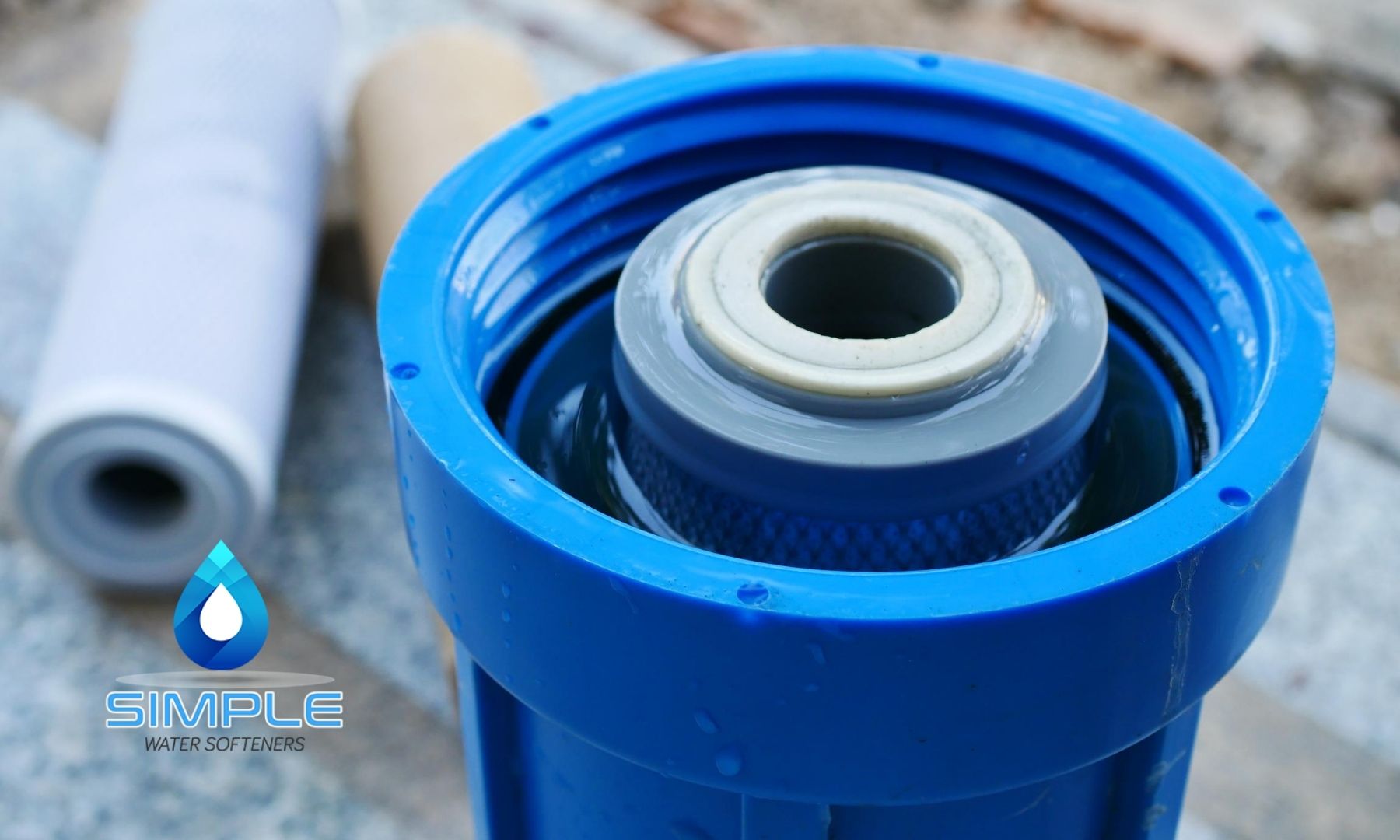
20 Aug. 2020
Reverse Osmosis Not Putting Out much Water
Yes, you need to change filters on the reverse osmosis water systems. Read up on the brand you have and be sure to change this will keep the water flowing. Change the membrane since on so many units you only do every four- or five-years people seem to forget it. Read More
- By:Lisa Bauer
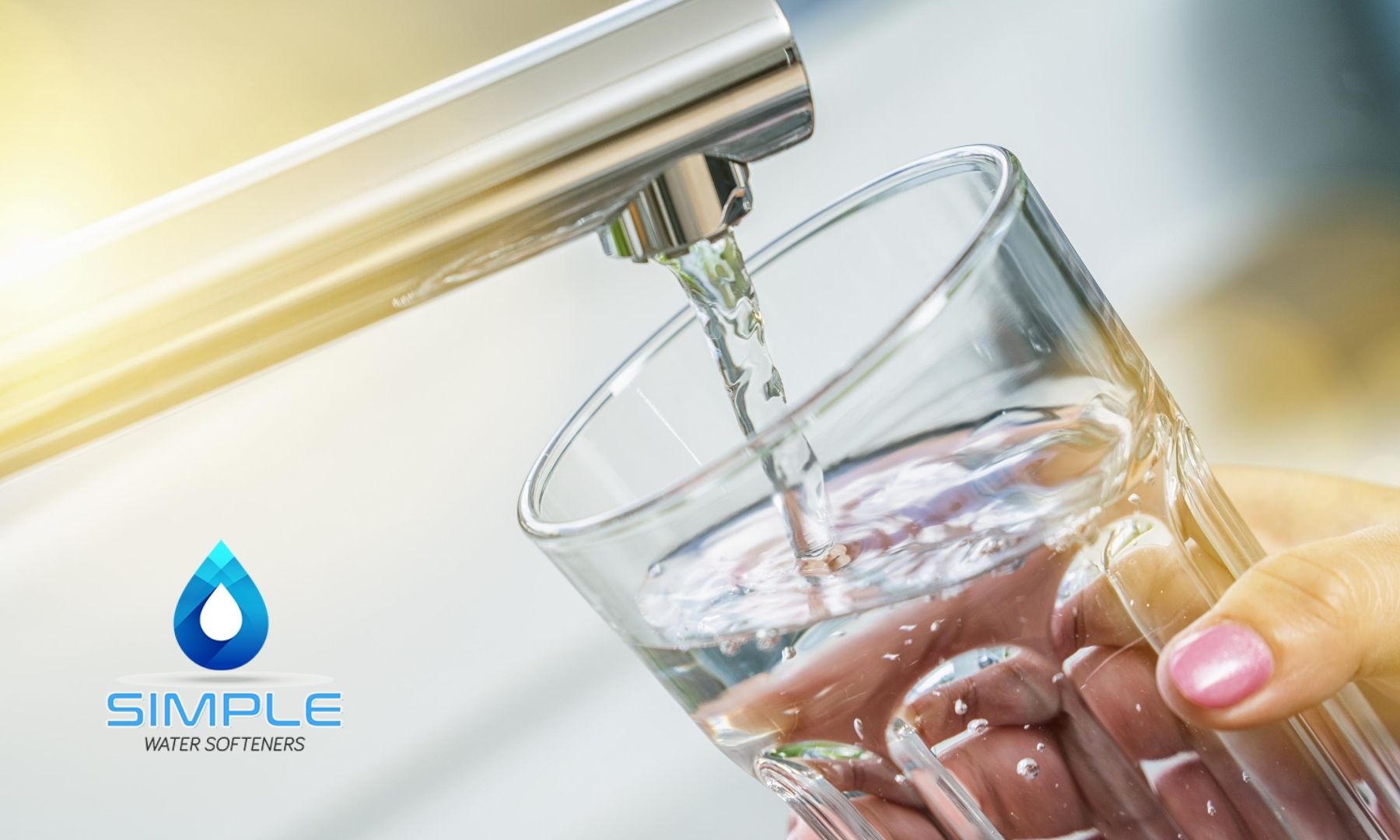
06 Aug. 2020
Whole House Filter
Whole house filter can work very effectively to remove the disinfecting chemicals the municipal water facilities put in your water to get it to your house. Whole house filters substantially remove chlorine, herbicides, pesticides, and organics. They can remove chloramine if the proper type of carbon is used. You can find out what chemicals are used by contacting your water supplier and asking. Read More
- By:Lisa Bauer
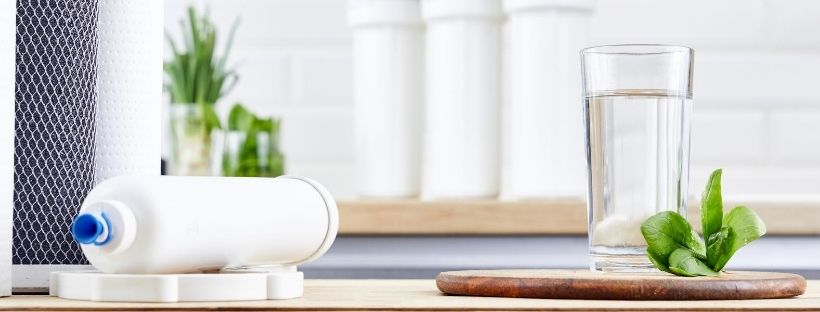
23 Jul. 2020
How Does a Reverse Osmosis Filter Work?
Reverse Osmosis or RO is a commonly used water filtration system. It is a simple, straightforward, and effective way to remove most harmful contaminants, making the water safer to drink. Many experts recommend it for residential water filtration. At Simple Water Softeners, we’re happy to explain how this system works. Here’s a look at what you need to know about Reverse Osmosis. Read More
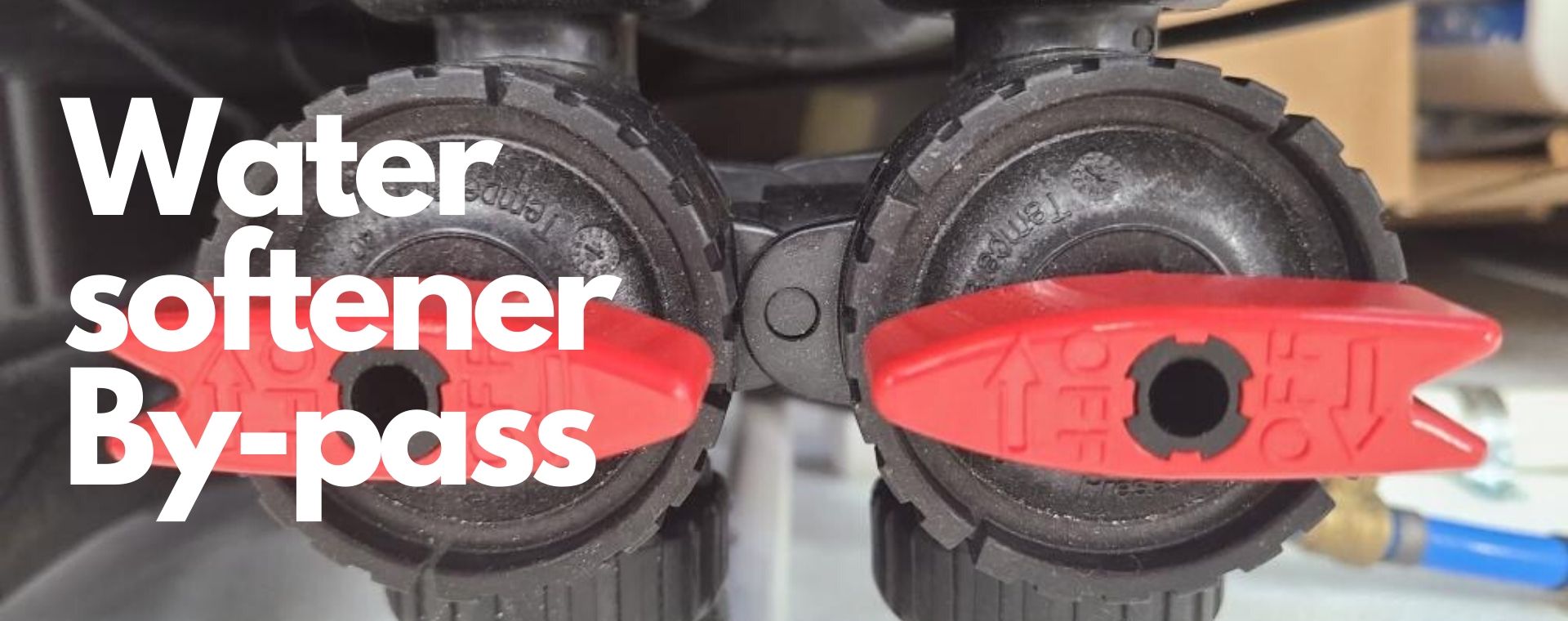
16 Jul. 2020
Know how to By-pass your Water Softener
It is important to know how to by-pass your water softener and everybody should know this. There are several different by-pass valves. Some you must push something, others you turn knobs. It is very important for you to figure this out before you have an emergency and realize you do not know how to do it. Read More
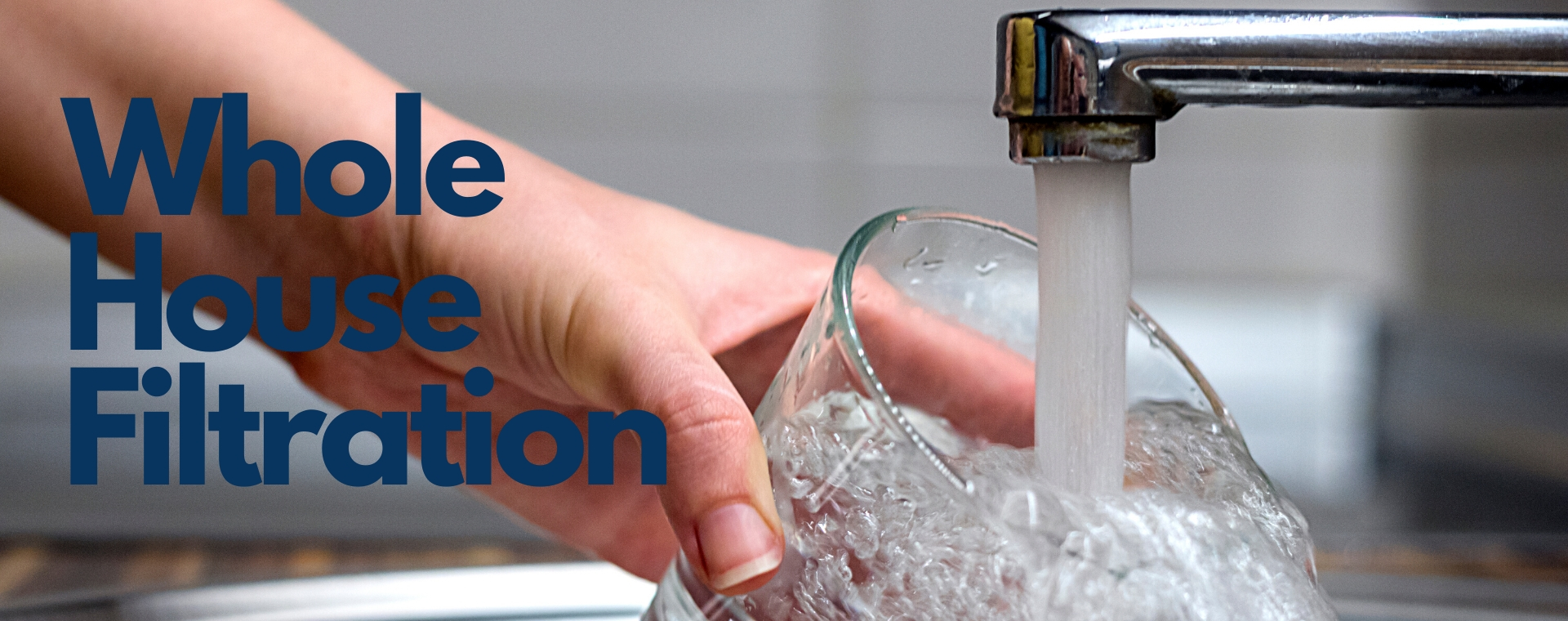
08 Jul. 2020
What does whole house filtration mean?
A Whole House Filter removes the chlorine, herbicides, pesticides, and organics. It is a filter that works in conjunction with the water softener. It is a type of carbon filter. Read More
- By:Lisa Bauer
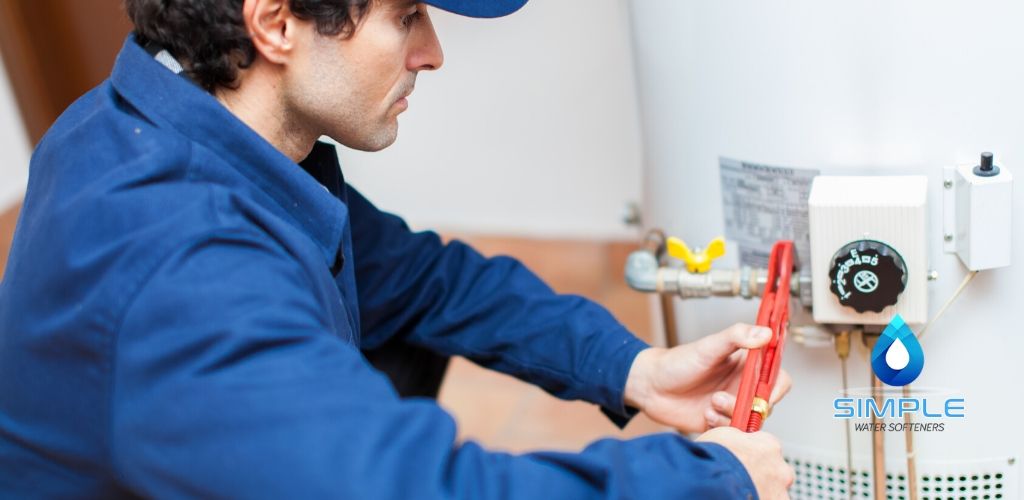
26 Jun. 2020
Do not pass out!!!
Do you live in San Antonio?. Save your hot water heater, the average replacement of a hot water heater is $2,000.
With the hard water in San Antonio (average is 18 GPG) you are shortening the life of your hot water heater by 30% if you don’t have water softener. If you have a hot water heater with a tank and have no water softener you should be draining the hot water heater every 6 months to maintain it to its optimal potential. Read More
- By:Lisa Bauer
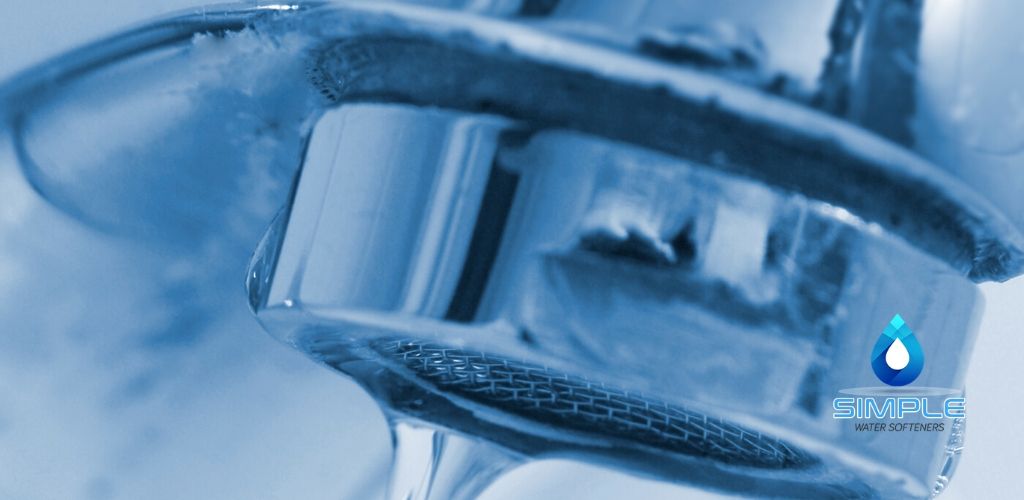
18 Jun. 2020
Different Problems Caused By Hard Water
Water containing excessive amounts of dissolved calcium, magnesium, iron, and other compounds is called hard water. While it isn’t harmful to consume, and most people can use it safely for everyday tasks like cooking or bathing, it does cause several problems. Simple Water Softeners has worked in this industry for a long time and has seen the impact of hard water. Here’s a look at the issues it can cause:
- By:Lisa Bauer
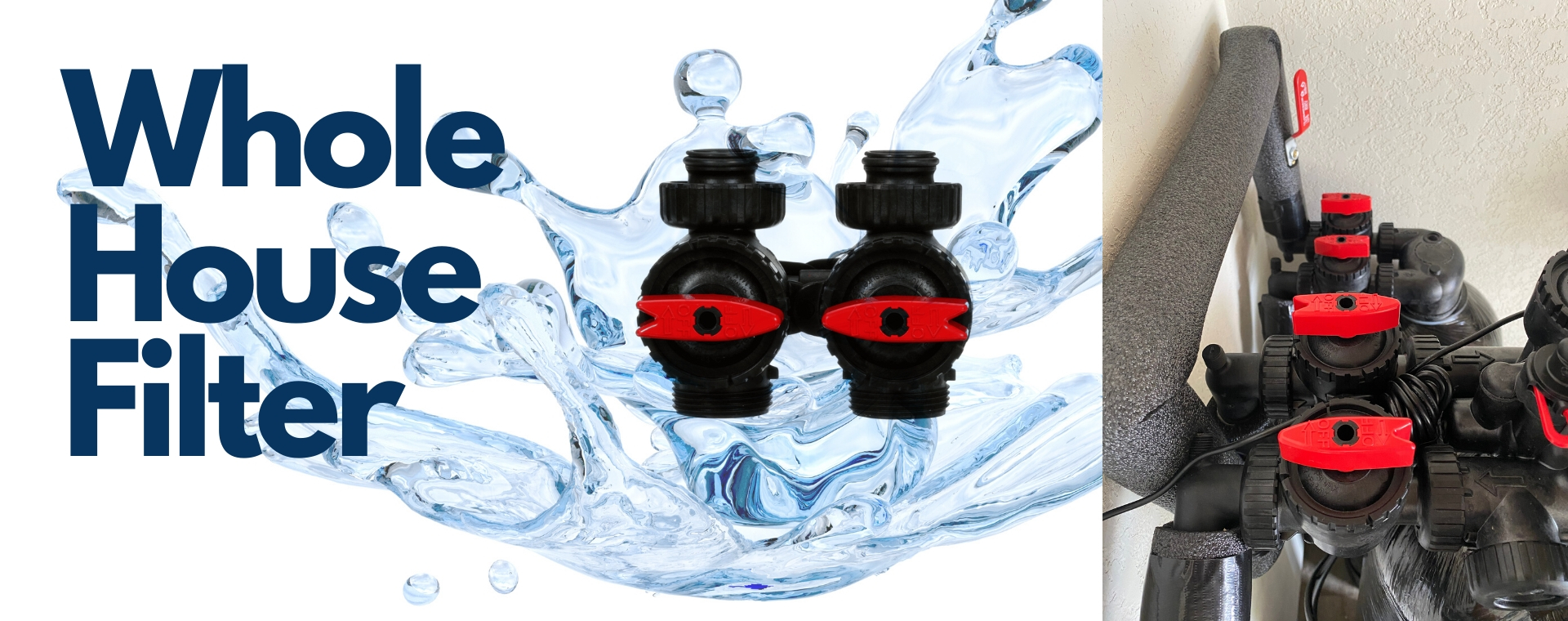
14 Apr. 2020
Media in Whole House Filtration Needs To Be Maintained
You wanted clean filtered water for your family, so you purchased a whole house filter. A whole house filter removes chlorine, herbicides, pesticides and organics and it gives you nice water. Whole house filtration needs to be maintained, if not properly maintained you will get adverse effects from it. The media or the filter in a whole house filter needs to be replaced on a regular basis. Find out from your installer what is their recommendations.
- By:Lisa Bauer
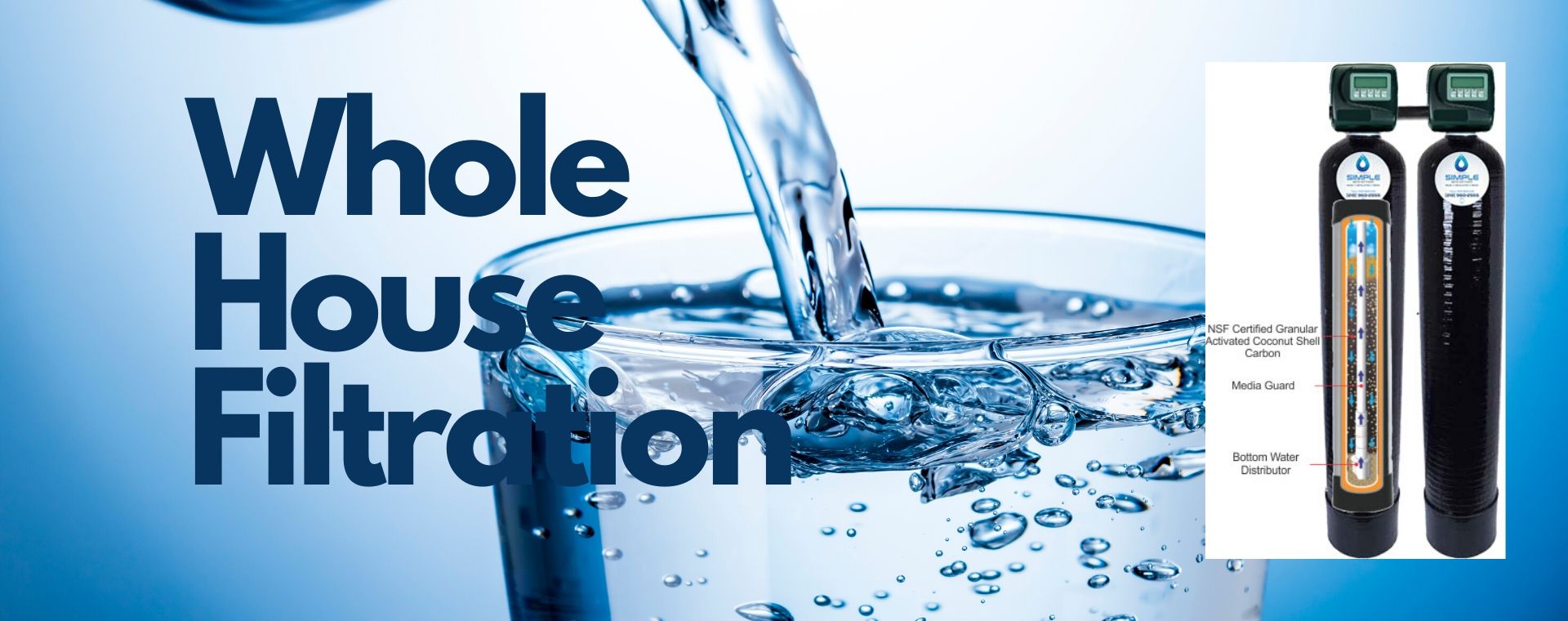
23 Mar. 2020
Whole House Filtration
If you want clean filtered water for your family so you have to purchase a whole house filter. Whole House Filtration System Removes chlorine, herbicides, pesticides and organics and gives you nice water. An important thing to consider is Whole house filtration needs to be maintained. If not properly maintained you will get adverse effects from it.
- By:Lisa Bauer
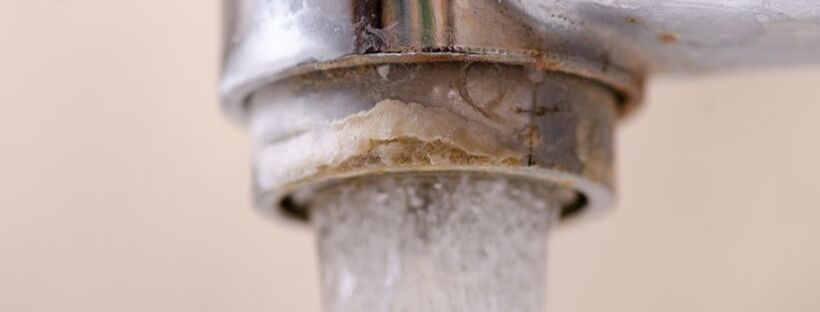
07 Oct. 2019
Water Softener or Water Conditioner?
There is a difference, a big difference. Be sure you know what you are buying. The big question is “Does it soften the water“? The biggest difference is a water softener will soften the water and a water conditioner will keep it from sticking to the pipes. Do not be fooled by the name, both types will be called a water softener.
- By:Lisa Bauer
